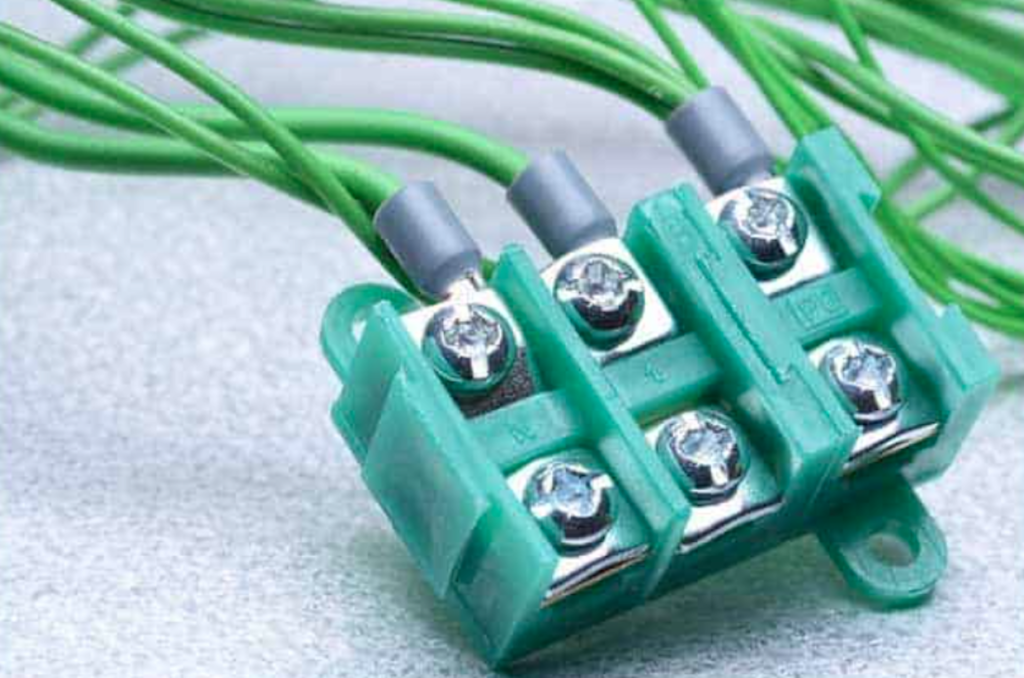What are connectors?
Connectors are those parts of a complete circuit that are used to form a permanent or temporary link. They have two parts namely the housing and the terminal. The housing is the protective encasing that keeps the wires in place while the terminal is the pins that plug into the circuit. Electrical connectors help to reduce the effort required for assembling and connecting electrical components and devices.
While buying a connector, one has to keep a lot of parameters in mind to make the right choice. A single wrong input could lead to hazardous effects. Through this article, we would brief you on the types of connectors available and what all checkboxes need ticking before you settle for one.
What connector do you need?
Here are some of the connectors segregated according to the key properties that they bring to the table.
- Keyed: These form a proper connection only when in the right orientation. It discourages the use of faulty circuits or plugging into the wrong sockets.
- Locked: Ensures that the wires are kept in place throughout.
- Water-resistant: As the name suggests, these are used in places exposed to a lot of water splashes such as bathroom fittings.
- Hermetically sealed: They are mostly suitable for underwater circuits and can withstand pressure up to certain depths.
- EMI or RFI Filtering: These are specially built to avoid Electromagnetic Interference (EMI) or Radio Frequency Interference (RFI)
- ESD Shielded: Resistant to Electrostatic Discharge (ESD), these minimise the damage caused in situations where there are a lot of interconnected wires in the vicinity.
What to look for when buying a connector?
Now that you have a fair idea about what you are looking for, let’s discuss the parameters you should keep in mind when buying your connector.
- Current: Defines the amount of electricity a connector can support. Mismatch of this ampere rating and the circuit environment could be dangerous.
- Voltage: Similar to the current rating, the voltage determines the maximum volts the connector can properly work on.
- Operating Temperature: All wires get heated up during operation. Hence, to avoid a short-circuit, it is wise to choose one with a greater safe operating temperature.
- Contact Pitch: This is the distance between the centres of the adjacent pins in a connector. The higher the contact pitch, the greater will be the size of your connector.
- Number of Pins: Refers to the number of pins or individual conducting elements.
- Material: Connectors can be made of brass, copper, aluminum, etc. Each one has a unique advantage.
What are power connectors?
One of the most commonly used types, power connectors are used to transmit from devices ranging from small batteries to power grids. Depending on the voltage they carry, these connectors are classified into light-duty, medium-duty, and heavy-duty.

